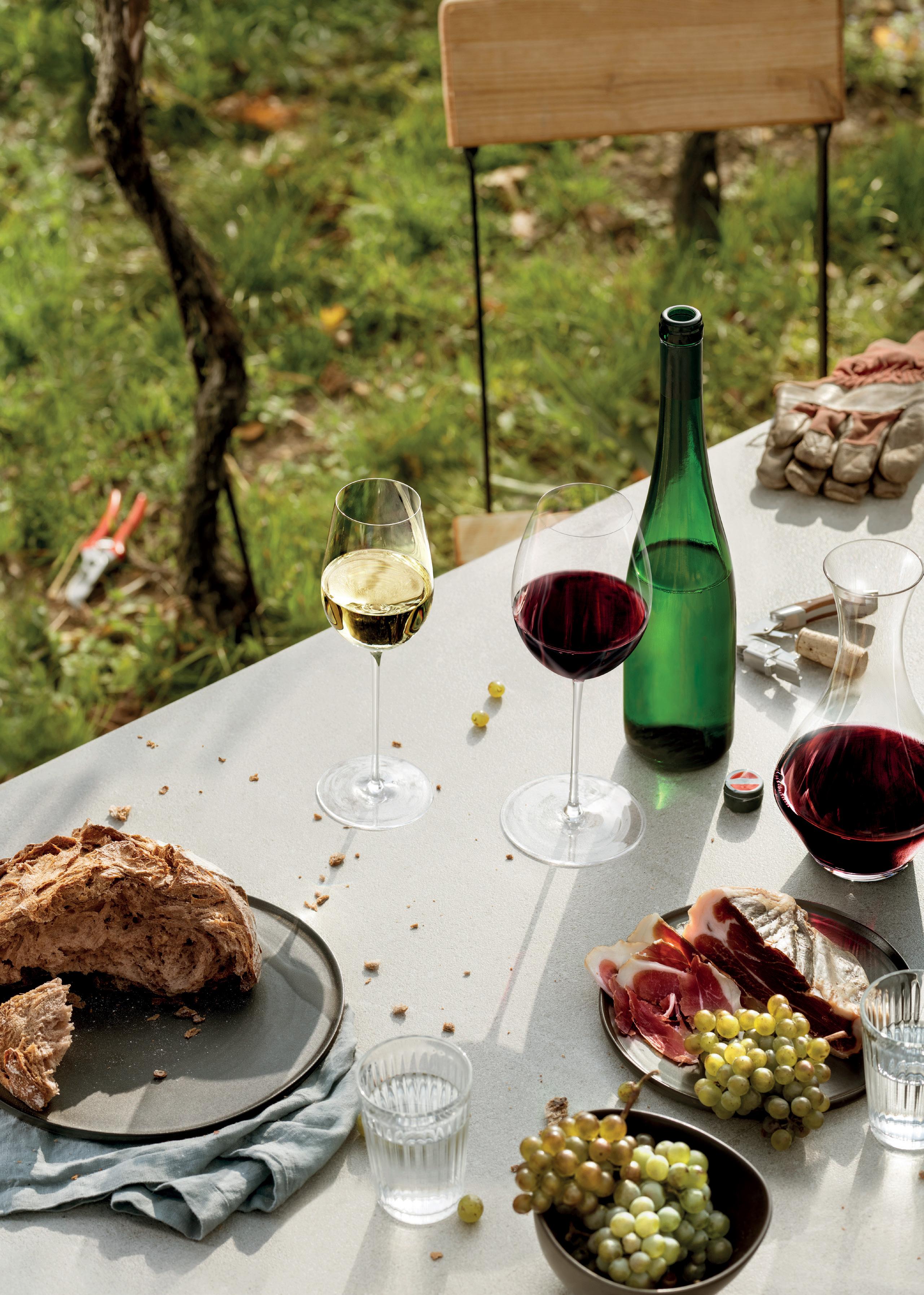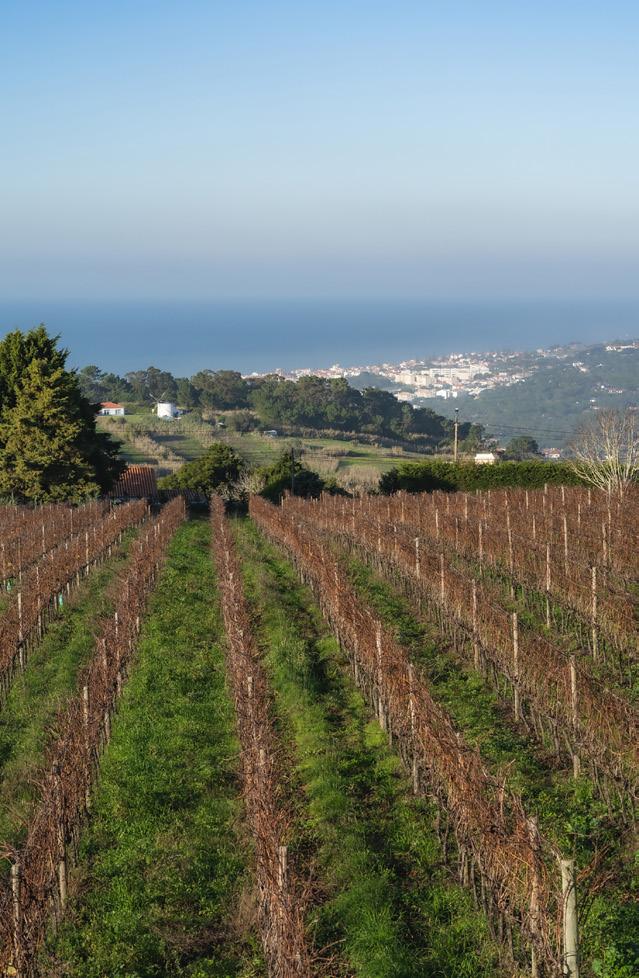
1 minute read
Welcome!
William Wouters, President ASI

Climate change is upon us, and evolutions in the way we make wine never stop, but there is a constant. It’s the soil. As Alice Feiring, one of our guest editors of this edition - along with geologist Dr. Alex Maltman and John Szabo MS - so eloquently reminds us, it is the consistent variable. The wine world went through decades of manipulation and adulteration. While those vestiges of ‘science over nature’ thinking still linger, I am happy to say the vast majority of high-quality wine production is moving back to more natural processes, both in the vineyard and in the cellar. It should come as little surprise that sommeliers have embraced this, incorporating more and more sustainable, biodynamic, and natural wines onto their wine lists.


With the rising consciousness of nature’s role in the wines we serve and enjoy, we are speaking more and more about soil. Some sommeliers even identify soil on their wine list and a select few even organising their list by it. The question becomes how, and how much does soil contribute to the character of a wine? We all know and love many wine regions that have staked their reputation on their soils. Have we given soil too big a voice in these regions? Perhaps not enough? Are we assigning the right attributes to a wine’s organoleptic character as a result of what happens beneath the ground? Should we be focusing more attention on what’s happening above the ground? Soil after all isn’t just nourishing the vines, but all the flora and fauna that cohabitates with them. How does this play into the equation? In this edition, in addition to our guest editors, we’ve asked sommeliers such as Reeze Choi from China, Romain Iltis of France and Heather Rankin of Canada to share their views on the connection of oil to what’s in the glass. We’ve asked others to share their ‘Love of Dirt’ by identifying wines they love and the soil those wines were grown in.
For all the talk of soil’s influence, do we not need to also talk about the roots that transmit the nutrients and perhaps ultimately responsible for what’s in the glass? Can there be a discernable influence of soil if the grapes aren’t grown organically or biodynamically? Can they emit the true language of the land if the vines are not own-rooted? We interviewed Francisco Figueiredo of Adega Regional de Colares and Liber Pater’s Loïc Pasquet, the latter whose strong views on own-rooted vines are both fascinating and polarising about this subject.
This is an edition that we believe will inspire thought, even debate. As Joseph Joubert, the French author, says “it is better to debate a question without settling it than to settle a question without debating it.”










